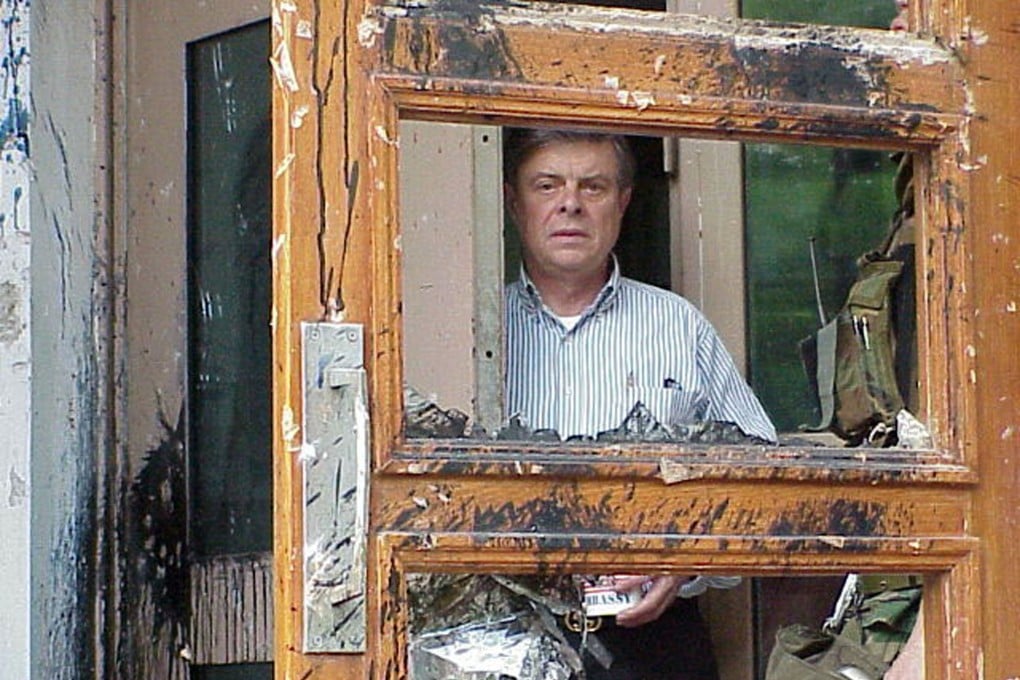Opinion | Why the US should look to Jim Sasser as a model for its new ambassador to China
- Sasser’s conduct during the attack on the US embassy in Beijing in 1999 shows toughness is not everything
- Rahm Emanuel lacks the calm and R Nicholas Burns the verve and autonomy needed for the job

The image of US ambassador Jim Sasser peering out the broken door of the paint-splattered US embassy in Beijing is more than a moving photograph; it provides a mini-course in diplomacy.
There were those who claimed it was an accident, and others who insisted it was an intentional attack. Not surprisingly, opinion cleaved along national lines. Americans thought it unlikely to have been intentional. Why would a democratic country bomb an embassy? Chinese, and not just officials, thought it was intentional. Hi-tech and deadly, it showed the true colour of US imperialism.
In the hot seat during this maelstrom of national mood swings and incendiary opinion was US ambassador to Beijing Jim Sasser. The mild-mannered former US senator from Tennessee was a political appointee. He was no China expert, but a natural diplomat.
The bombing of China’s embassy and the aftermath that saw the US embassy chancery defaced and battered, but not destroyed, was as close to war as the US and China have come in modern times.

Although Sasser left Beijing a few months later, a departure that had been scheduled in advance, during that dire moment of need, he stood his ground, but he did so in a way that was at once wistful and empathetic.
